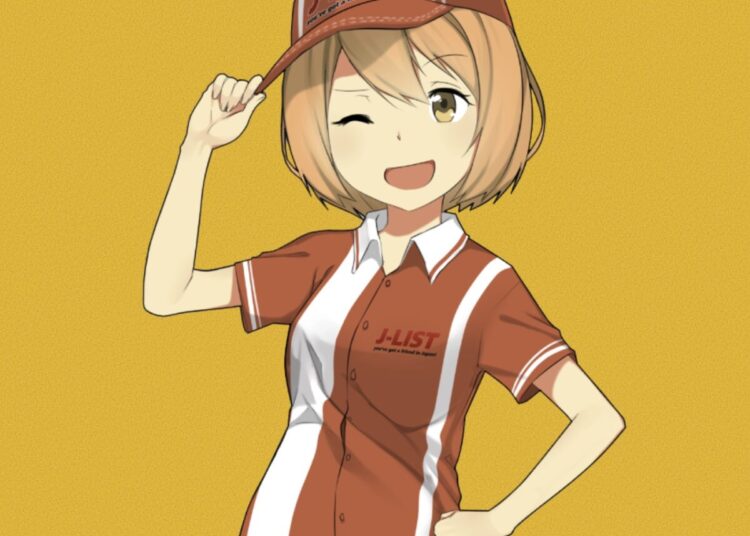Well, what everyone feared has come to pass: the chain of English schools called NOVA has gone, well, nova, officially filing for bankruptcy protection. While I’m happy to get that damned pun off my chest, it is unfortunately a dark day for English teachers everywhere. Nova is (has been) the largest of Japan’s “big four” McEnglish conversation schools, with a staggering 4000 native English teachers in its employ, and most of these teachers are now in the market for other jobs. Sadly, they haven’t been paid for a month or more, and the status of their back pay is up in the air thanks to the bankruptcy. Nova brought these troubles on themselves through massively bad management, preferring to railroad students with “discounts” that involved multi-year contracts — and you thought the U.S. cell phone industry was bad — rather than satisfy their customers by teaching them well. Now, its the poor eikaiwa teachers and former students who end up paying the price. Having worked for a failing ESL school in the past, I do feel the teachers’ pain, and I hope they’ll all be okay. The president of the company, Nozomu Sahashi, has done what many Japanese company presidents do when things get rocky by going missing, and if I’m right he’ll mysteriously take ill and have to be checked into a hospital soon, as a way of staying away from the news cameras.
The only constant in life is change, and in that tradition Japan’s otaku world is always coming up with something new for us. Everyone knows about Maid Cafes, where beautiful Japanese women dressed in exotic maid uniforms pour coffee for their (usually male) customers, whom they address as “Master.” Now women who are interested in yaoi comics, anime and PC gaming culture can enjoy Japan’s first “BL Cafe.” In Tokyo’s bustling commercial district known as Ikebukuro there’s a street called Otome Road (Maiden Road), fast becoming the yaoi answer to the more traditional otaku culture found in Akihabara. On that street is a restaurant called Lily Rose, staffed with incredibly attractive men who look like they stepped out of a BL comic. Oops, scratch that — the staff is actually all women who are dressed as yaoi-esque males, complete with male names like Keisuke-kun. The employees of the restaurant are known as gyaru-son, which combines the word “gal” (i.e. hip young Tokyo girl) with “son” to make garcon, a really fabulous joke. Why would women want to eat in a restaurant staffed by women dressed as effeminate men? One patron said: “Because the staff are really women, I can eat without fear of a man trying to pick me up, allowing me to take in the beauty of the ‘men’ around me as I enjoy my food.”
Japan is a great place, and I do love living here. That’s not to say that things aren’t plenty of large and small “incompatibilities” that foreigners need to get used to when coming here. First of all, the Japanese use the metric system, so if you’re from the U.S. you’ll find yourself learning to think in meters, kilograms and degrees centigrade, to the great annoyance of friends back home, and before you know it you’ll be like me, unable to remember your weight or shoe size under the American system. In lieu of paper sizes like “letter,” the Japanese use the A4 stanard, which takes time to get used to but is very logical — A4 is similar in size to letter, A3 is twice that size making it similar to tabloid, and so on. Japanese plugs are the same shape and voltage as used in the U.S., but they nearly never have the third prong for a ground (or “ass” as they say in Japanese, the local pronunciation of “earth”), and this causes you to get pretty savvy about carrying a plug adapter with you in your laptop bag. DVD regions are different, of course, with most discs sold in Japan encoded as region ‘2,’ although we’ve got our region free DVD player at home to take care of that for us. The air nozzle for bicycle tires is a special type used in Japan (and France), so if you bring a bicycle from the U.S. like me, prepare to be unable to add air to your tires. Finally, there’s probably nothing taken for granted less than paper coffee filters, but they’re quite important to us: the large filters are not available in Japan, with its tiny “girly man” coffee makers, so if we want to have our morning coffee we need to plan ahead.















